Lists
















19 Books
Potential Reads
Sort by:
Recent Desc
More lists by Montana


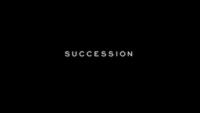
2020 - Present
List includes: Interview with the Vampire, Barry, Succession
April 2022
0
@lapetiteabonne
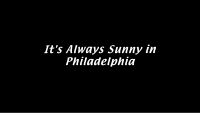


TV-MA Shows
List includes: It's Always Sunny in Philadelphia, Scream Queens, Game of Thrones
April 2022
0
@lapetiteabonne
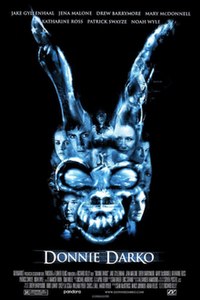
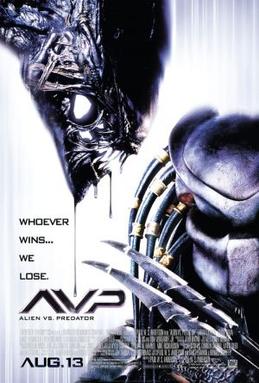

Horror/thriller/mystery
List includes: Donnie Darko, Alien vs. Predator, Lost
April 2022
0
@lapetiteabonne



2000 - 2009
List includes: Donnie Darko, Shrek, Zombieland
April 2022
0
@lapetiteabonne


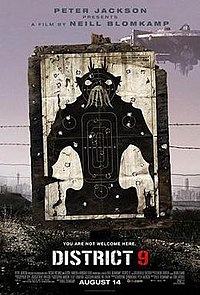
R Movies
List includes: Donnie Darko, Zombieland, District 9
April 2022
0
@lapetiteabonne



Past - 1989
List includes: Aliens, Alien, Back to the Future
April 2022
1
@lapetiteabonne


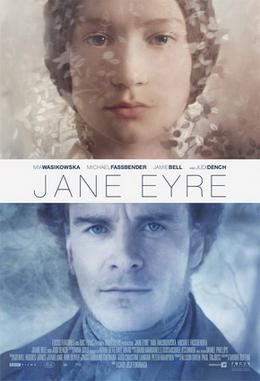
2010 - 2015
List includes: Alice in Wonderland, Cinderella, Jane Eyre
April 2022
1
@lapetiteabonne
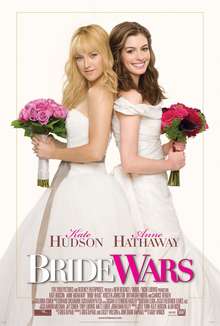
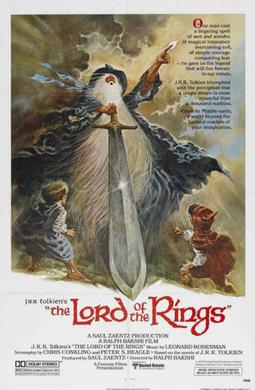

Potential Watchlist
List includes: Bride Wars, The Lord of the Rings, Invader ZIM
March 2022
0
@lapetiteabonne


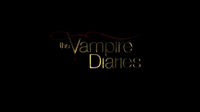
Love/Romance/Crushes
List includes: Pushing Daisies, Corpse Bride, The Vampire Diaries
March 2022
0
@lapetiteabonne